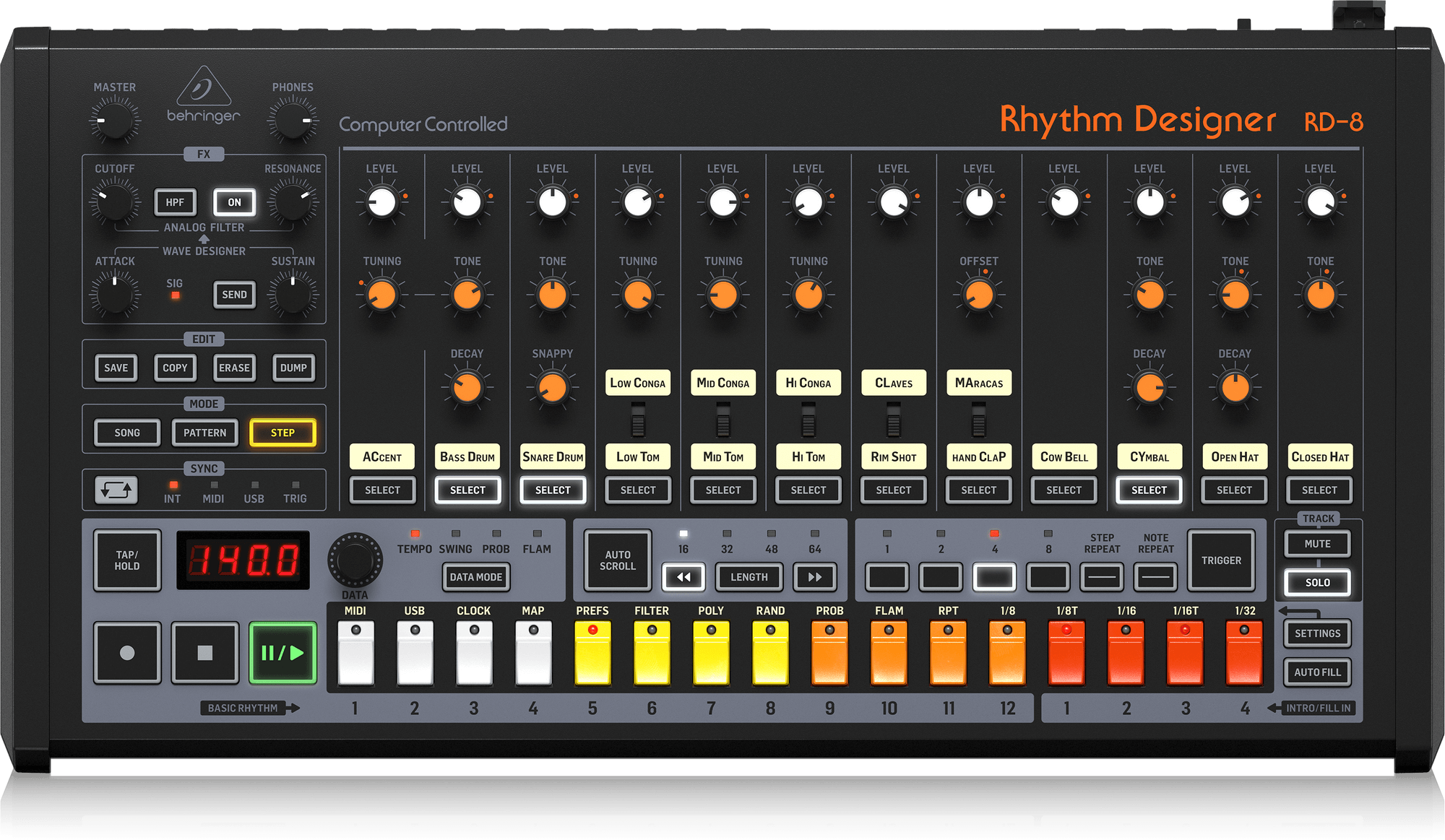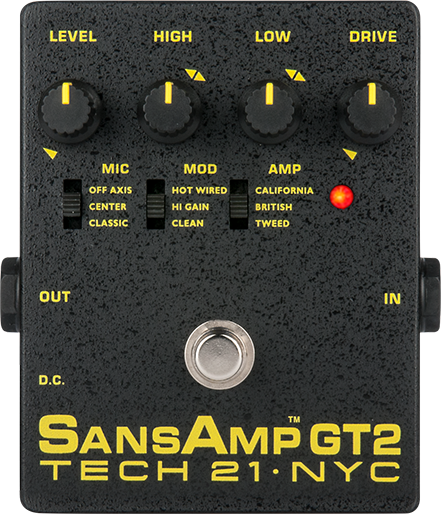dronerstone
Shredder
- Messages
- 2,011
Luckily, we were able to push the narrative of what POD Go is and more importantly, what it isn't. Had we attempted to sell it as an affordable Helix, the thing would've tanked.
Tbh, and no offense here, but that's actually how I perceived the POD Go from the start. Helix algos, only in a stripped-down, wallet-friendly package, which perfectly explains the difference in features and firmware updates.
Nothing wrong with that, imho, I'd guess it's still an awesome unit.







